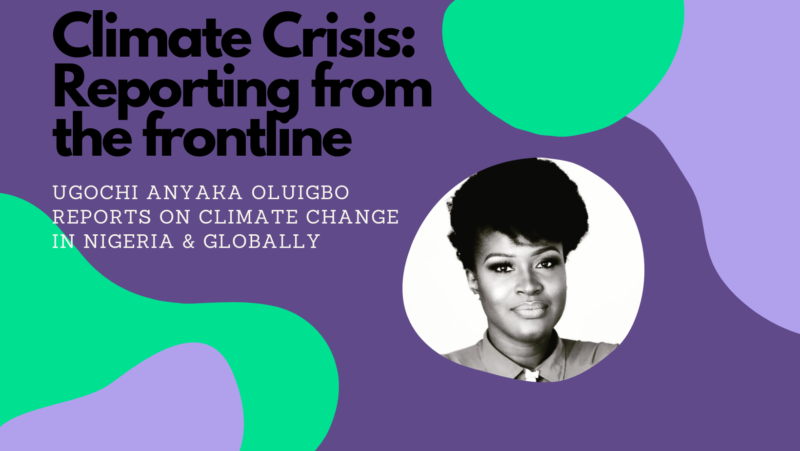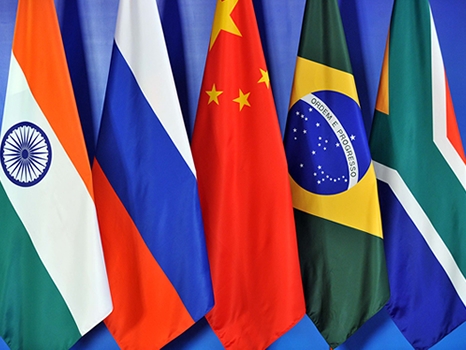Ugochi Anyaka-Oluigbo understands the devasting impact of climate change better than most. She was born and raised in the commercial city of Aba, Abia state in Nigeria but regularly travels to her home town, Amucha, in Imo state where she witnessed first-hand how erosion of the local landscape swallowed up her neighbourhood’s homes and farmland, cut off communities and threatened livelihoods.
Today she’s one of Africa’s leading environmental journalists and has made it her mission to give a voice to vulnerable communities in Nigeria and across the continent that continue to grapple with erosion, flooding, desertification and other extreme weather patterns exacerbated by climate change.
African women are particularly at risk, she says. “I think women are hugely affected by climate change. I’ve seen the impact of this, where women have no place to go to: they are threatened, they know that they might sleep and never wake up and that they might be swallowed up.”
Published on 25-10-21. Read on here





